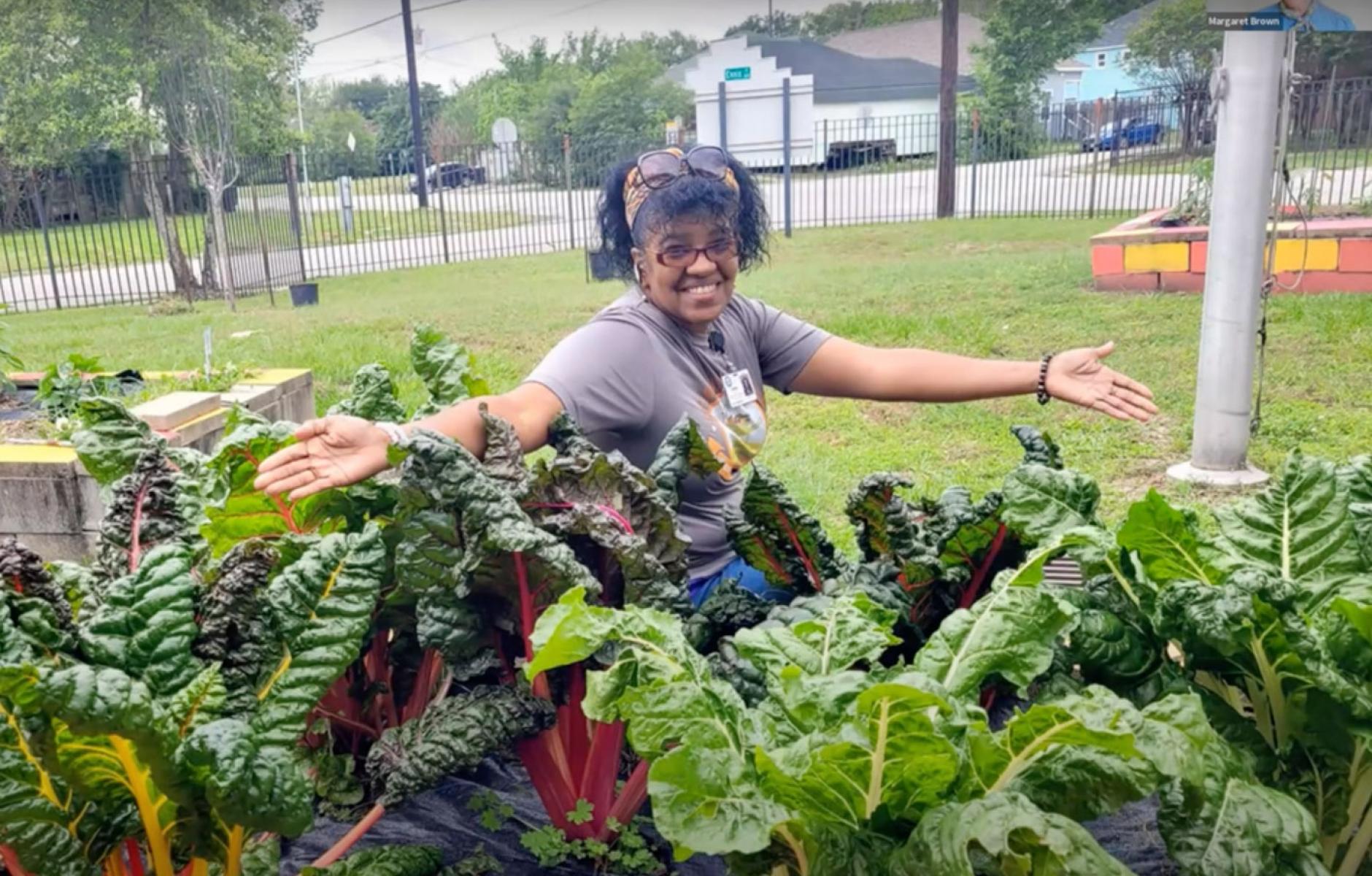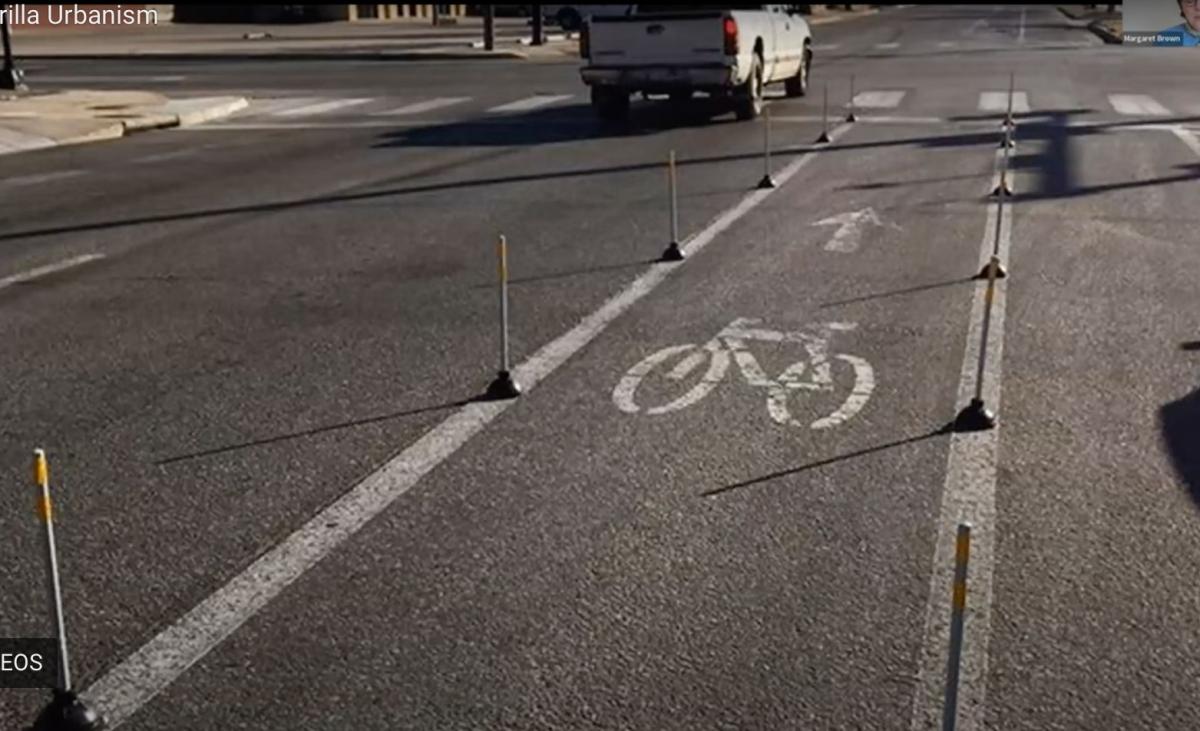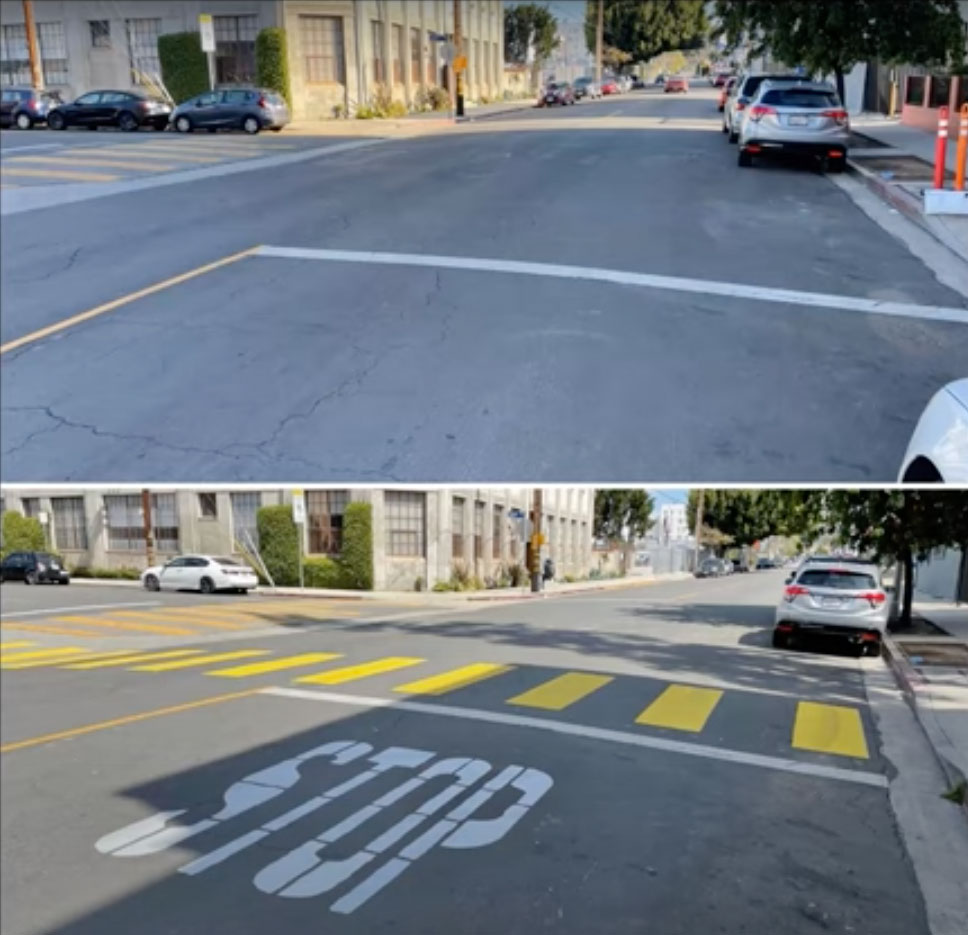
Guerilla Urbanism asks forgiveness, not permission
Guerilla Urbanism is a grassroots movement that allows ordinary citizens to reclaim and reshape urban spaces, explains Fernando Pages Ruiz, a homebuilder, developer, and author based in Houston, Texas.
It harnesses Tactical Urbanism but differs in that it more directly challenges the power structure to ask forgiveness rather than permission.
Ruiz moderated a CNU On the Park Bench webinar last week that included small developer Jason Hyman and planner Margaret Brown, who recently led Houston's planning department to report on Guerilla Urbanism.
Brown gave some examples from around the US. In Houston, neighborhood residents were tired of seeing a vacant lot that became an eyesore. “The community came together and planted things, which provide fresh vegetables to residents,” Brown says. “It's easily removable if the property owner requires it.”
Brown presented a creative application of Guerilla Urbanism in Wichita, Kansas, where a bike lane was painted on a busy street with no protection. Somebody glued toilet plungers to the street in the night, which provided a sense of protection to cyclists and put drivers on notice to be careful. The city eventually came and installed more standard protection for the lanes.

Crosswalk Collective in Los Angeles is an example of organized Guerilla Urbanism. The group got its start when a pedestrian was killed at an intersection, and after years of lobbying for a crosswalk, somebody painted it themselves. Now the group has a website where they take suggestions for crosswalk locations and then proceed to paint them. Sometimes the city removes them, but the group keeps trying. They use a lot of yellow and white paint, Brown says.

Hyman presented his work in the Third Ward of Texas, where a group of small developers is having an impact on a gentrifying part of the city. The group, The Third Ward Real Estate Council, bypasses traditional systems and helps each other to get projects going and gain financing. They rally around the symbol “Dt3M,” which stands for Do The Things That Matter.
See the whole webinar:




